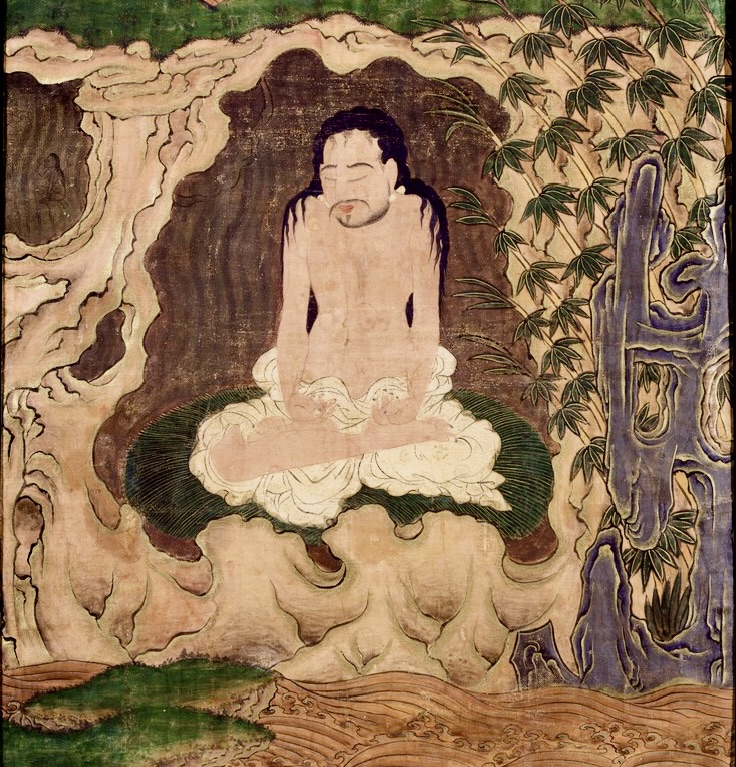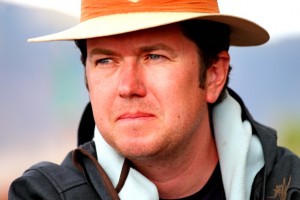OVERVIEW

The workshop explores theoretical frameworks and practical knowledge about contemplative practices by presenting indigenous Tibetan methods along side cutting-edge meditation research in the humanities and sciences. To move the conversation forward about how to approach the study of contemplation, we present novel models for understanding contemplative practices based on practices described in Tibetan meditation manuals. A diverse repertoire of practices are presented in dialogue with research from contemporary philosophy of mind, cultural psychology, and the cognitive sciences. Participants are introduced to basic building-blocks and underlying mechanisms that constitute distinct practices to work towards contemplative fluency – a practical know-how sensitive to distinct skills, contexts, and potentials.
DATES
2024
Houston, Texas
Friday, July 12
Hosted by the Mind Body Spirit Institute at the Jung Center.
Vienna, Austria
Friday, October 18
Vienna University
Other workshops to be scheduled.
2023
Hong Kong
Saturday and Sunday, October 21 and 22, 2023
Hosted by the Centre of Buddhist Studies at the University of Hong Kong.
See flyer with details to register.
See BuddhistDoor piece, Meditation: A Sampler Workshop with Professor Michael Sheehy.
Kyoto, Japan
Thursday and Friday, October 26 and 27, 2023
Hosted by the Research Group on Mindful Living at Kyoto University, Seifūsō Villa.
See flyer with details to register.
PROGRAM
*The following is an example workshop program, which is customized and adapted per audience.
DAY 1
Day 1 of the workshop begins with a presentation that contextualizes the human contemplative heritage along with a discussion about the range and depth of contemplative practices in Tibetan Buddhism. To consider multiple contemplative technologies, and correlative epistemologies, we present and discuss a working taxonomy of paradigms and styles of practice that spotlights underlying dynamic processes operative during contemplation. The day shifts to explore specific dynamics applicable with the contemplative faculties of mindfulness and meta-awareness, and how the aperture of awareness is opened via monitoring and gazing techniques. We conclude this first day with an introduction to imaginal practices that work with the plasticity of perception.
Session I: The Contemplative Human Heritage
Introduction to the contemplative human heritage and the concept of contemplative fluency, that contemplation is a generative capacity. We walk through a working taxonomy of diverse contemplative styles and present paradigmatic models of practice.
Session II: Mindfulness & Meta-Awareness
Presentation on attention, mindfulness, and meta-awareness with an emphasis on cognitive differences between focused attention and open monitoring styles of meditation. We discuss inherent tensions along a spectrum of effortful versus effortless practices.
Practices of mindfulness, focused attention, and deliberate mind-wandering are facilitated, followed by group discussion.
Session III: Opening the Aperture of Awareness
Presentation on the reflexive nature of awareness with an emphasis on meta-awareness as a practical segue to awareness of awareness. We discuss the notion of an aperture of awareness that can open or close with focused attention.
Practices of monitoring and open awareness are facilitated, followed by group discussion.
Session IV: Imaginal Practices
Presentation on imaginal practices with an emphasis on visualization techniques of illusory and sublime forms. We discuss the Buddhist theoretical underpinnings of imaginal simulation and the use of mental imagery and imagination.
Practices of visualizing sublime forms are facilitated, followed by group discussion.
DAY 2
Day 2 of the workshop deepens our understanding of contemplation with an emphasis on sleeping and dreaming practices, senses and embodiment, and possible emergent challenges. We begin by exploring techniques of virtual simulation and visualization during sleeping and waking, and how dreams and cognitive illusions are understood to enhance contemplative performance. Then, dimensions of embodiment are discussed with an emphasis on somatic, sensory, and kinesthetic ways of interoceptive knowing during practices of movement, breathwork, and sensory deprivation. A session on obstacles and enhancement techniques takes seriously the various challenges that can arise during contemplative practices. We conclude with a facilitated discussion on tensions between tradition and innovation, and an exercise on future-casting contemplative practices.
Session V: Lucid Dreaming, Lucid Waking
Presentation on sleeping meditation, dream yoga, and corresponding daytime practices of conjuring illusory forms with an emphasis on continuities of perceptual plasticity, imaginal simulation, and kinesthetic sense during sleeping and waking.
Practices of conjuring, transforming, and multiplying images during dreams, clear light at night, and observing natural phenomena, illusory form, and mirroring are facilitated, followed by group discussion.
Session VI: Visceral Body Practices
Presentation on dynamics of embodiment with an emphasis on somatic, sensory, and kinesthetic ways of interoceptive knowing. We discuss models of the body and harnessing bodily energies in the practices of tummo fierce heat, chöd severance, and dark retreat.
Practices of gentle breath retention, sensory deprivation, and physical exercises are facilitated, followed by group discussion.
Session VII: Dispelling Obstacles, Enhancing Performance
Presentation on challenges that can arise during contemplative practices, including psychological, physical, and social disorders. We discuss examples of antidotal practices to dispel obstacles along with practices to enhance contemplative performance.
Practices of visualization are facilitated, followed by group discussion.
Session VIII: Contemplative Futures
Conclude with a summary of key points along with reflections and a facilitated group discussion on future-casting contemplative practices.
